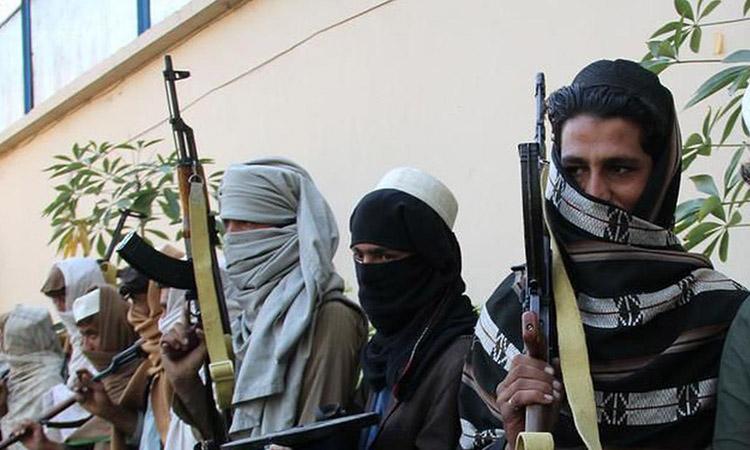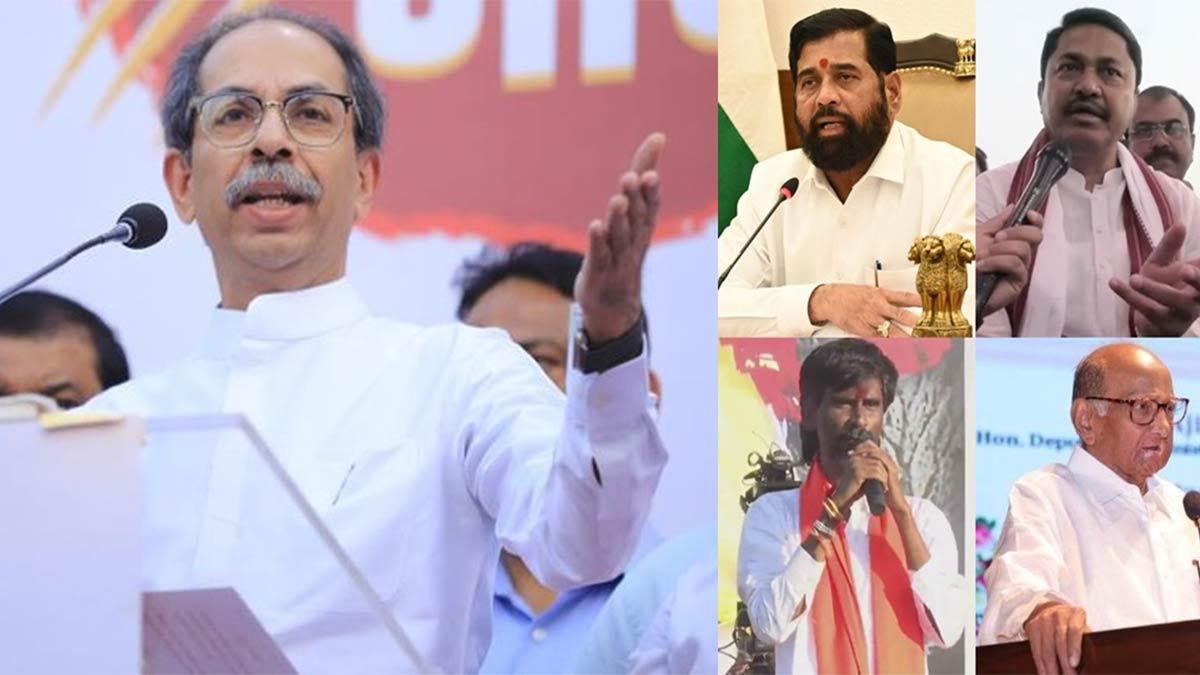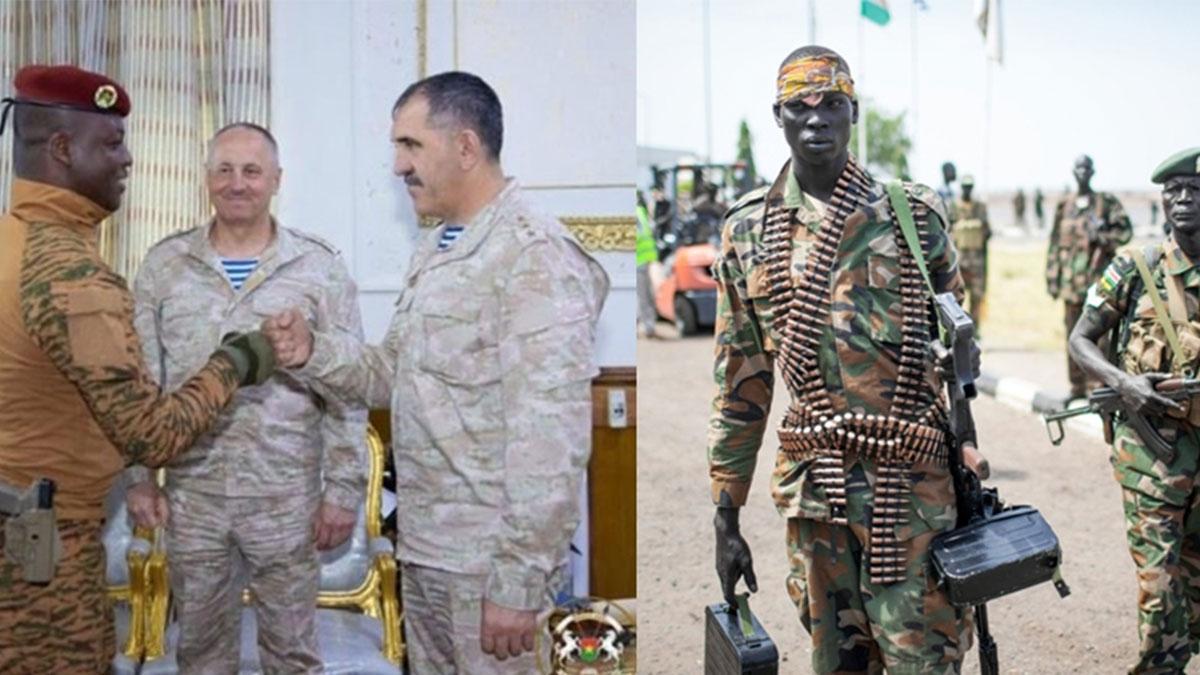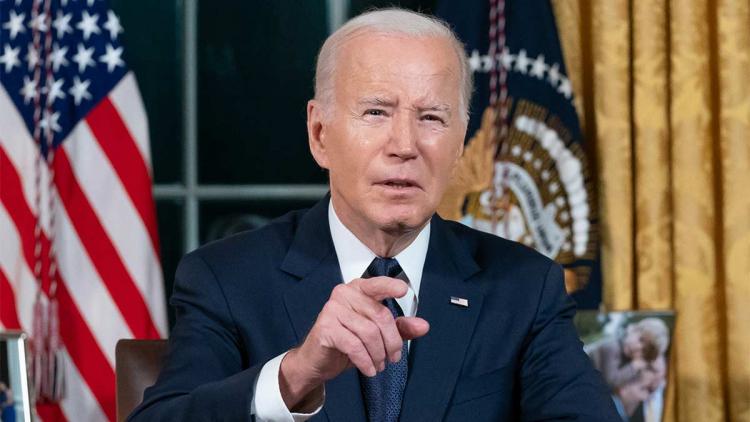Once blood brothers, Taliban and Pakistan appear to be drifting apart, especially as the US begins to move out, and the emergence of a strong power vacuum in Afghanistan becomes obvious.
The anxiety of a deepening rift between the two is the subtext of a recent article in the popular Pakistani Urdu newspaper, The Daily Jung.
The Jung report titled "Afghanistan sank and Pakistan was trapped" says that "proponents of Pakistan's stupid Afghan policy" are celebrating prematurely, assuming that a Pakistan-led Taliban government, which will be protect Pakistan's interests, will be in the saddle in Kabul soon. But this is far from the truth.
There are three key factors that explain why the Taliban and Pakistan are not on the same page.
ALSO READ | US: Biden administration removes Trump era H1-B visa rule
First, the Taliban are miffed that Pakistan has abandoned support for an "Islamic Emirate" in the post-American phase. For Taliban, the formation of an Islamic Emirate is an identity issue. For Pakistan this is no longer possible to abide by the Taliban's wishes as the world community has no appetite with accepting continuity with the Taliban's ugly past, when it provided sanctuaries to international terror groups including the Al Qaeda in Afghanistan. Afghanistan was called an Islamic emirate when the Taliban ruled the country from the mid-nineties till their exit following the 9/11 terror attacks.
"Taliban are angry about why Pakistan has taken the position that it does not accept the Taliban Emirate as it has done in the past. The distance between the two is widening day by day due to the pressure exerted by Pakistan on the Taliban due to the US pressure," says the report.
Second, the Taliban are unhappy with the excessive pressure that the Pakistan military is bearing on the group. Taliban are "irked" with constant pressure by the Pakistani "faujis" and Taliban is trying to stay independent, Rahimullah Yusufzai, ex- editor of the News best known for his access to Al Qaeda and the Taliban told indianarrative.com. "Pakistan Fauji thinks that the Taliban government will not bring peace. Many Afghans and many groups will not accept the Taliban government now and there will be a continued fighting, which will displace many Afghans and they will come to Pakistan."
The veteran journalist said that the Taliban have been happy to hold talks on Afghanistan in Qatar, instead of Pakistan because they trust the generosity of the Qataris.
The tension between Pakistan and the Taliban have begun to show. In fact, Pakistan reportedly told the Taliban recently that the group may lose its support if it doesn't show flexibility in the ongoing peace process. "Enough is enough" were the words reportedly used by the Pakistani army chief to convey its displeasure to the Taliban.
Third, fearing a blowback inside their own country, many Pakistanis have become wary of support for a radical Taliban in Afghanistan. Many Pakistani experts and journalists close to the establishment believe that Pakistani military top brass has misgivings that if Afghan Taliban captures power in Afghanistan, this will embolden the Pakistani Taliban inside the mainland. Consequently, the military can support a power-sharing arrangement between the Taliban and the rest, but it does not want an exclusive Taliban government in Afghanistan.


















